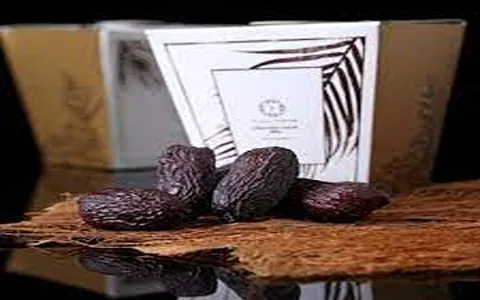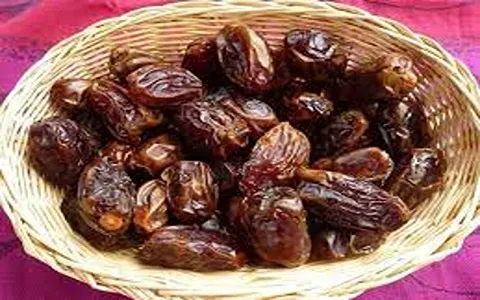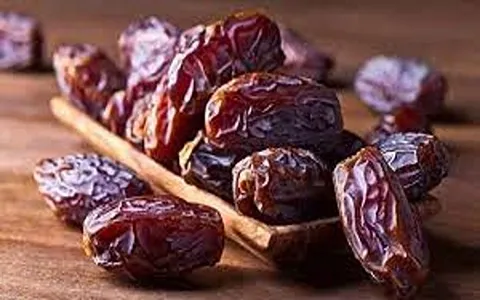The second-largest province in the southeast of Iran, Sistan and Baluchestan, is the leading region producing delicious black dates known as Rabbi.
However, they are famous as Pakistani dates worldwide.
It is because Rabbi dates are usually offered from Pakistan in international markets.

Nonetheless, Rabbi is the primary type of date in southeast Iran.
Chabahar, Zabol, Saravan, and Iranshahr are the main towns cultivating Rabbi dates.
The harvest region operates the varieties of Rabbi dates as they are dissimilar in size, color, and form.
Although the properties are the same in any area, Sistan and Baluchestan offer more high-quality Rabbi dates since the cultivation volume is higher.
The price is determined according to the quality and the charm of the dates.
For instance, Rabbi dates of Iranshahr are darker and larger than Saravan.
The highest quality of Rabbi dates is harvested in Iranshahr and Saravan, while organic dates grown in Saravan are suitable to export to Europe.

They are recognized as semi-dry dates in the international markets as they consist of 16% moisture.
Therefore, the storage is convenient for wholesalers, retailers, and importers of Rabbi dates across the world.
Good packing with modern technologies and machines helps to store for a long time in cool weather that further information about the storage of dates will be mentioned below.
Concerning the quality of Rabbi dates and their affordable price, they are an excellent cultivar to buy.
Typically, Rabbi dates and Mazafati (Kimia) dates are similar in price, while Rabbi is sometimes lower than Mazafati in price.

Black Negin Dates
Many companies offer dates in Iran and abroad, especially black Rabbi dates of Negin date company.
They offer Rabbi dates in many countries, including India, Pakistan, and Bangladesh.
They store the dates in the warehouses to gradually supply the market need during the year.
A significant question about the storage is the necessity of cold storage.
Rabbi dates are semi-dry, so they are possible to preserve in the ordinary warehouse, while for keeping longer, they must be kept in the cold storage warehouse.

Many producers of Rabbi dates prefer to sell the dates not just after the harvest in September to October since the rates are lower than months later for the glut of dates in the market.
They prefer to offer their products some months later at better prices.
Rabbi dates are highly demanded in international markets for the long-form regularly between 3 to 5 cm.
They are dark brown to black, which the latter is considered higher quality and of course more expensive.


0
0